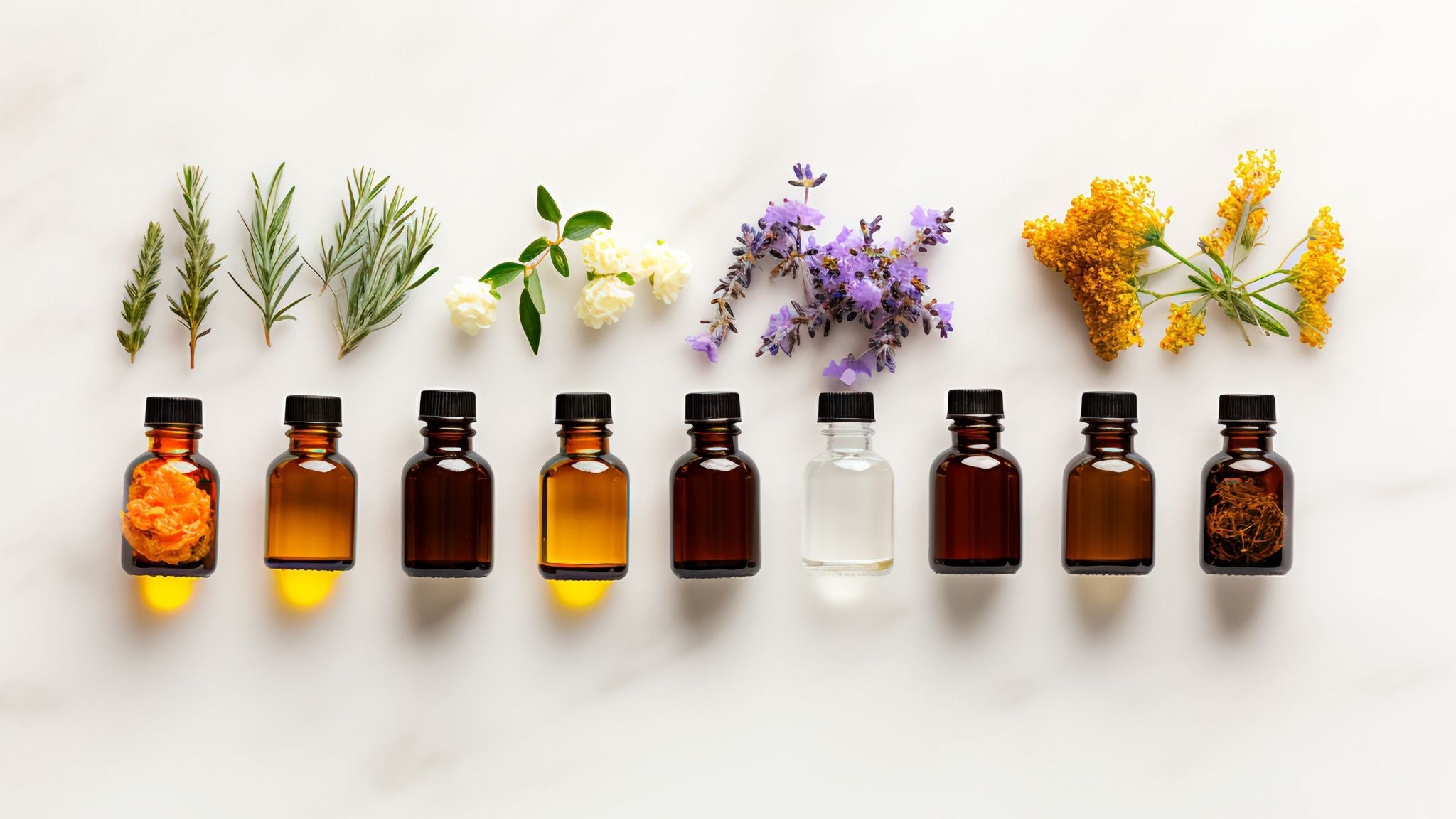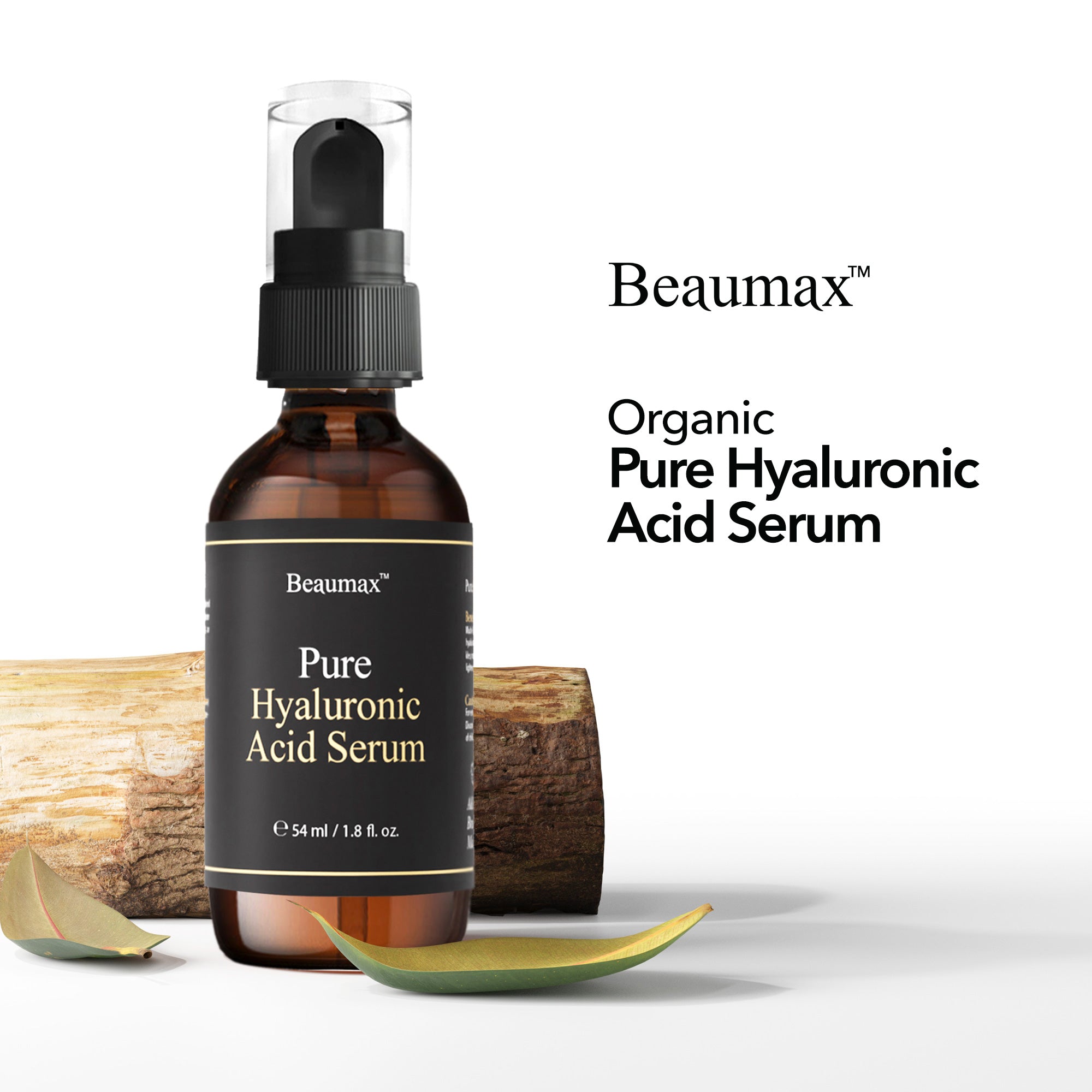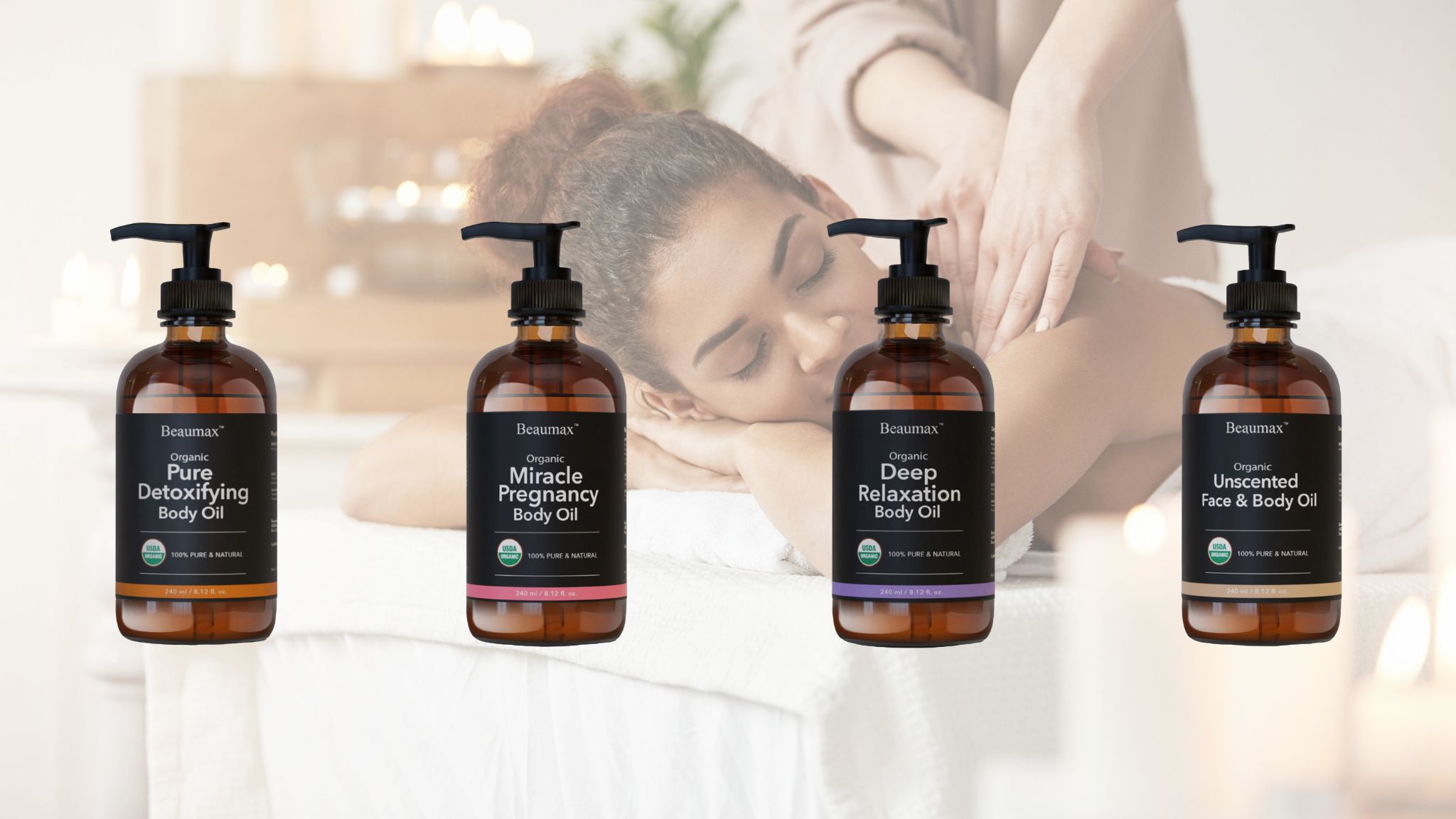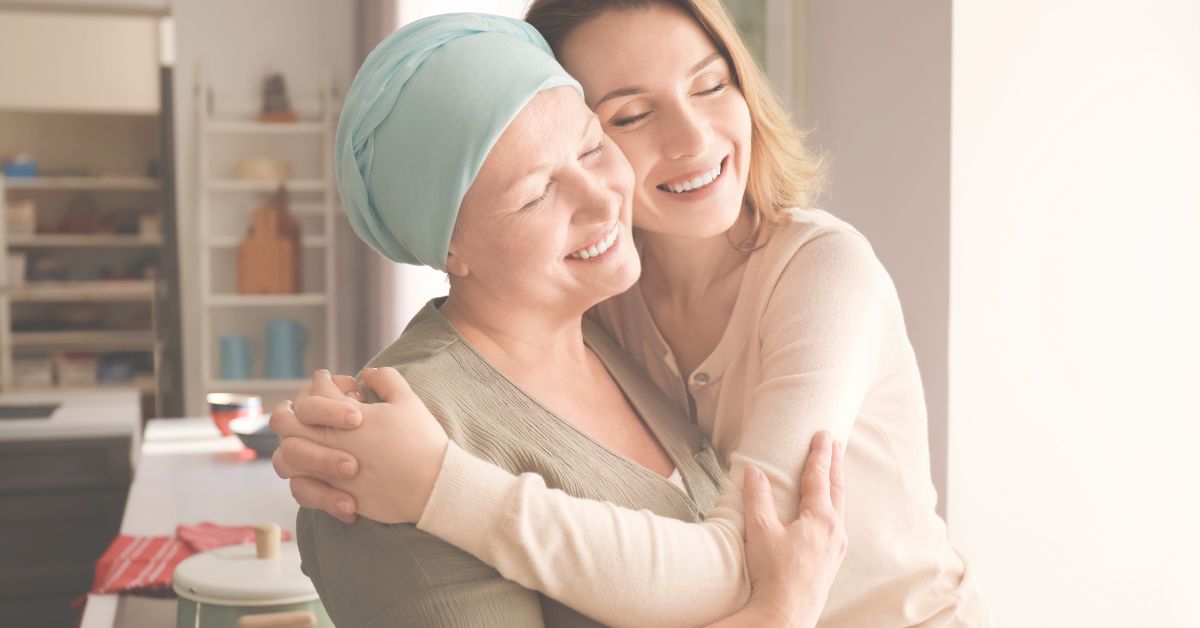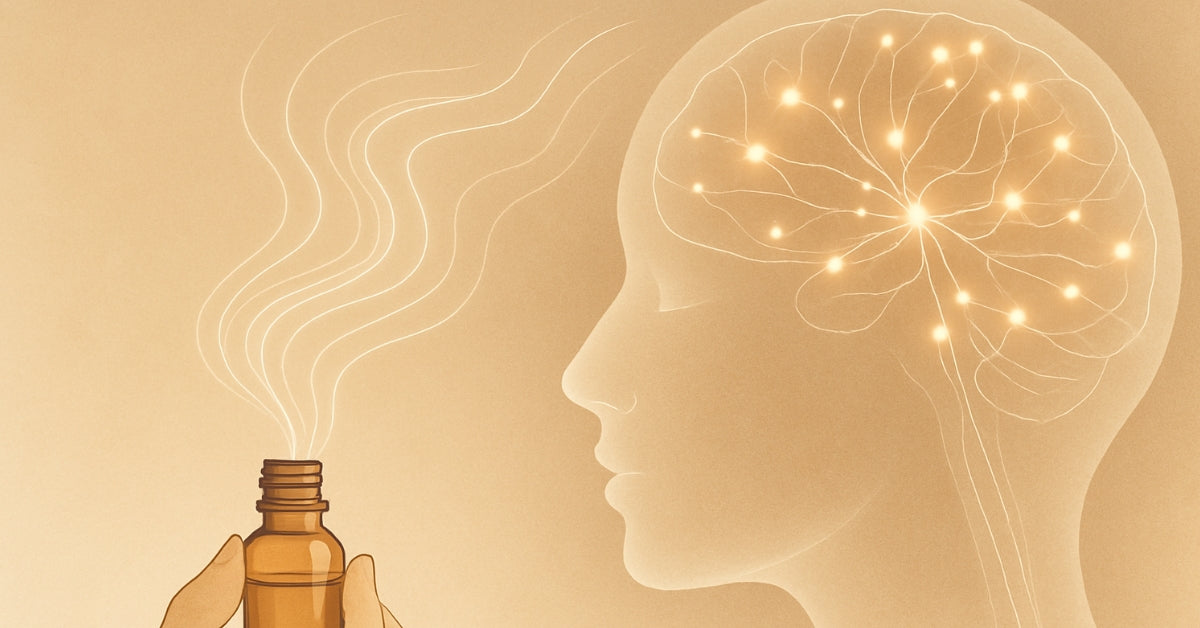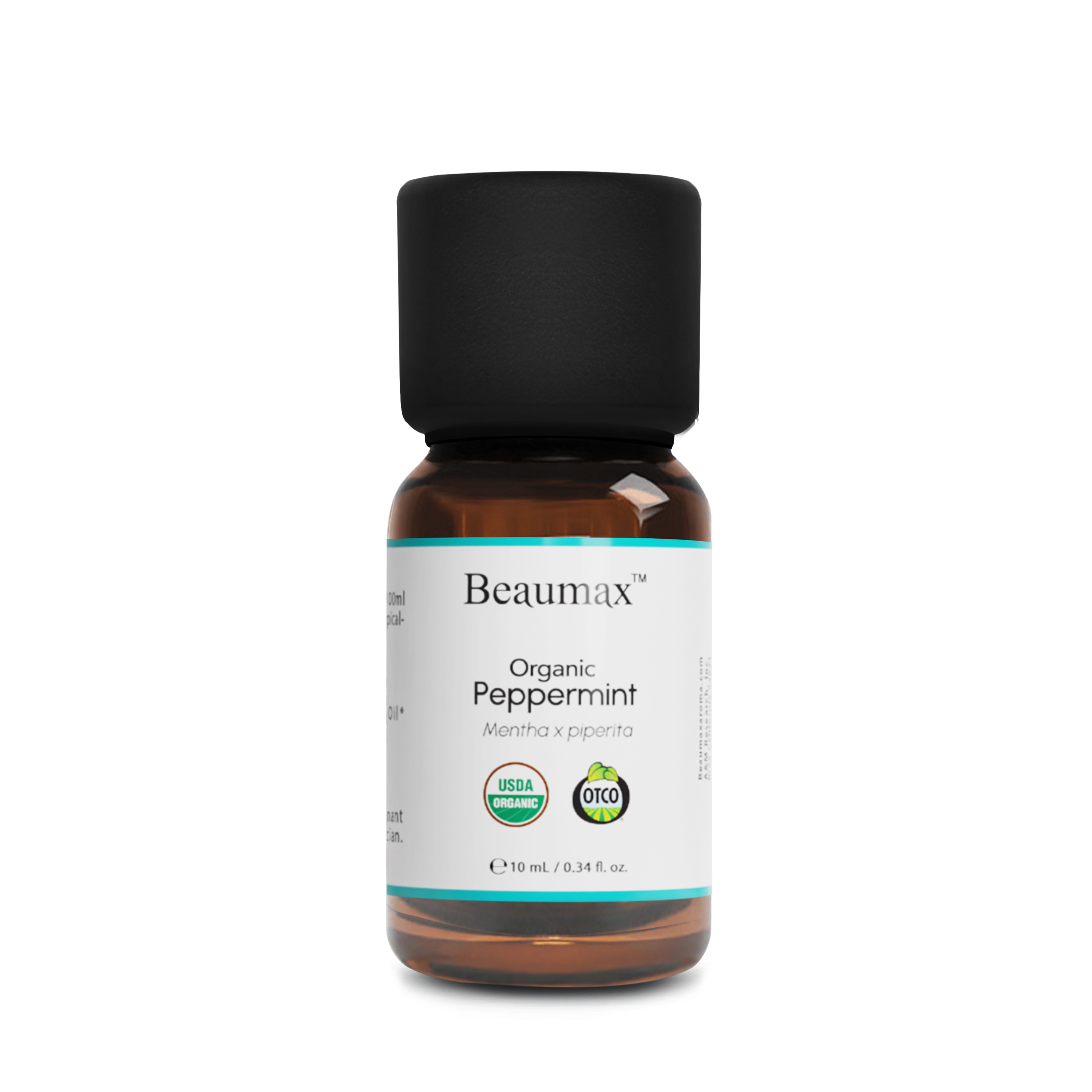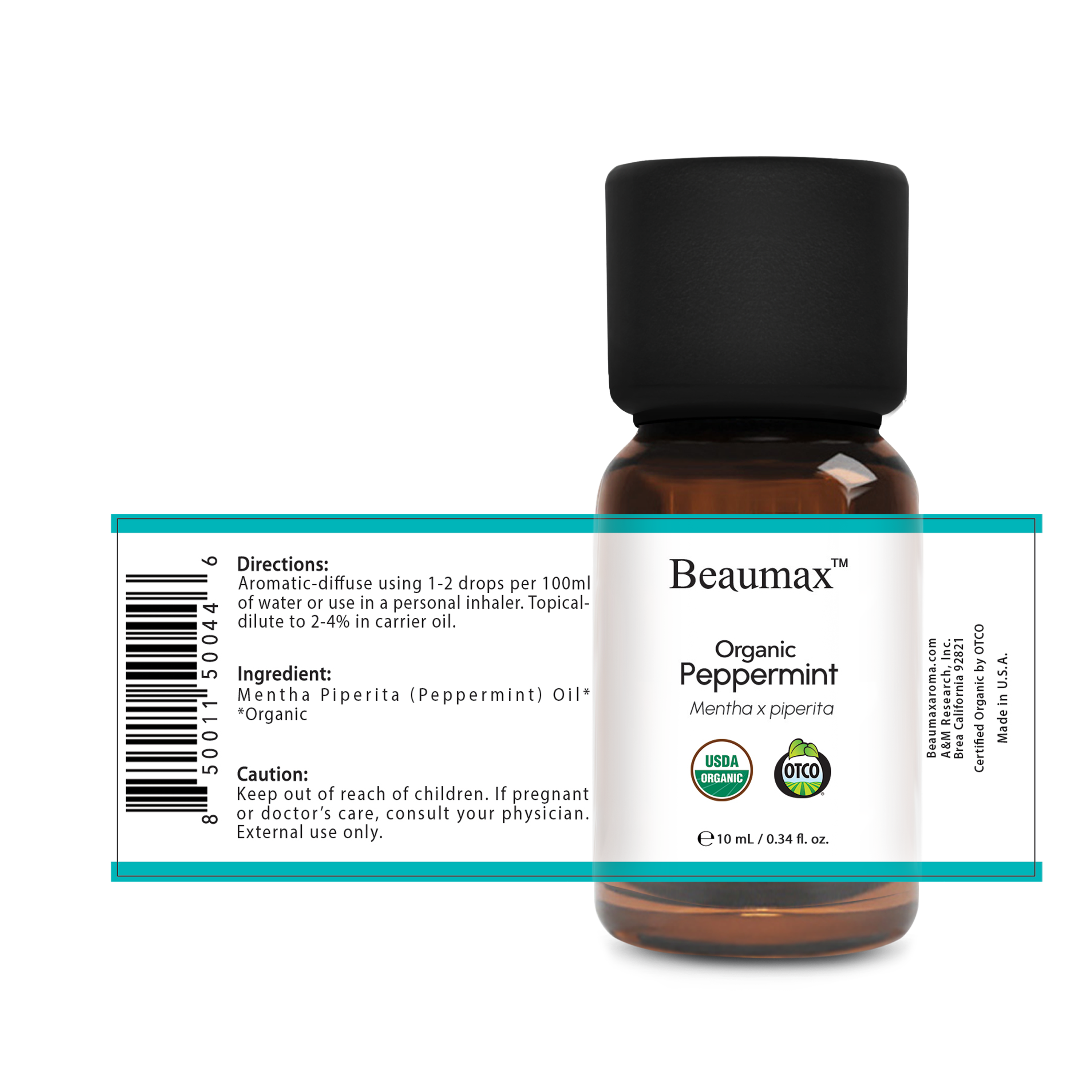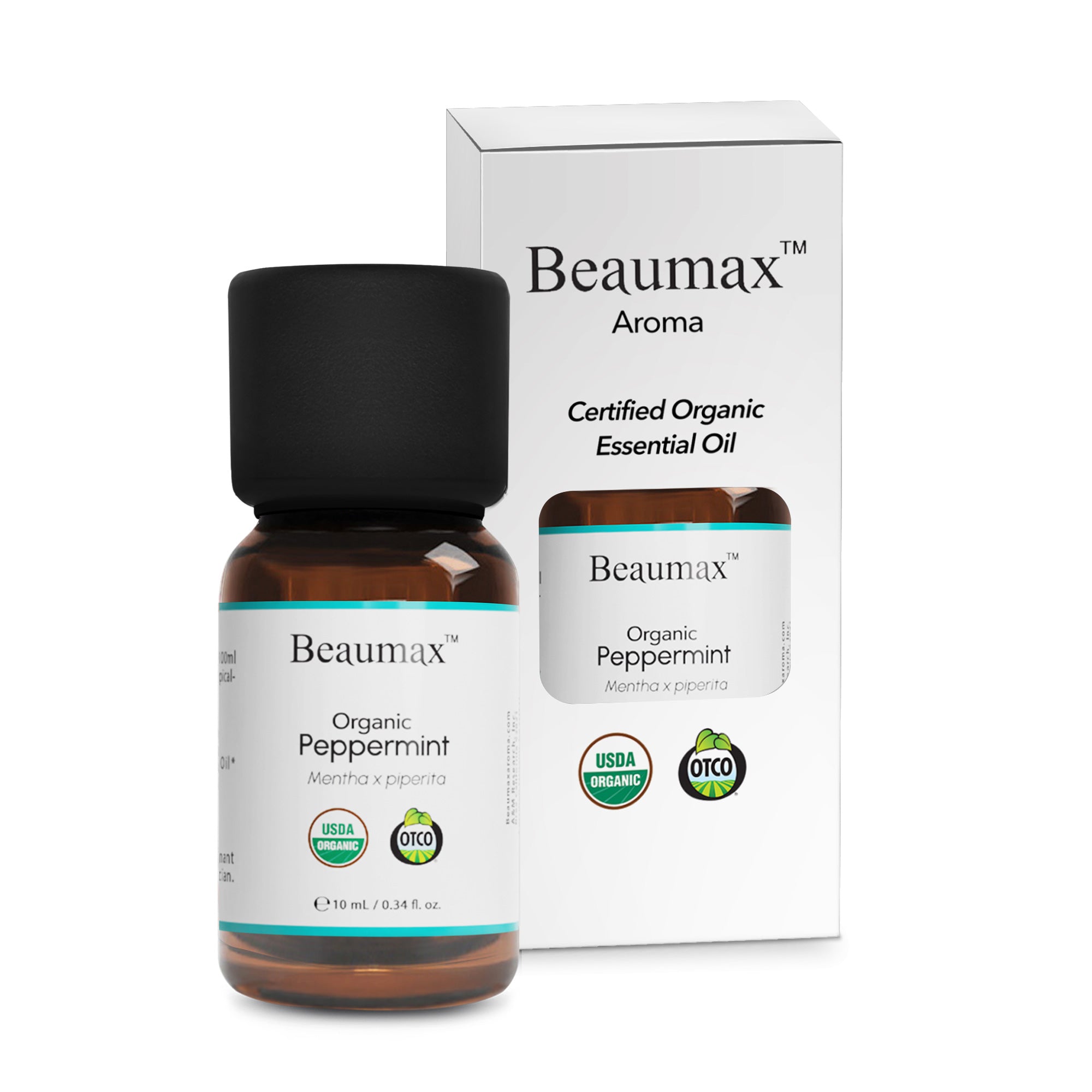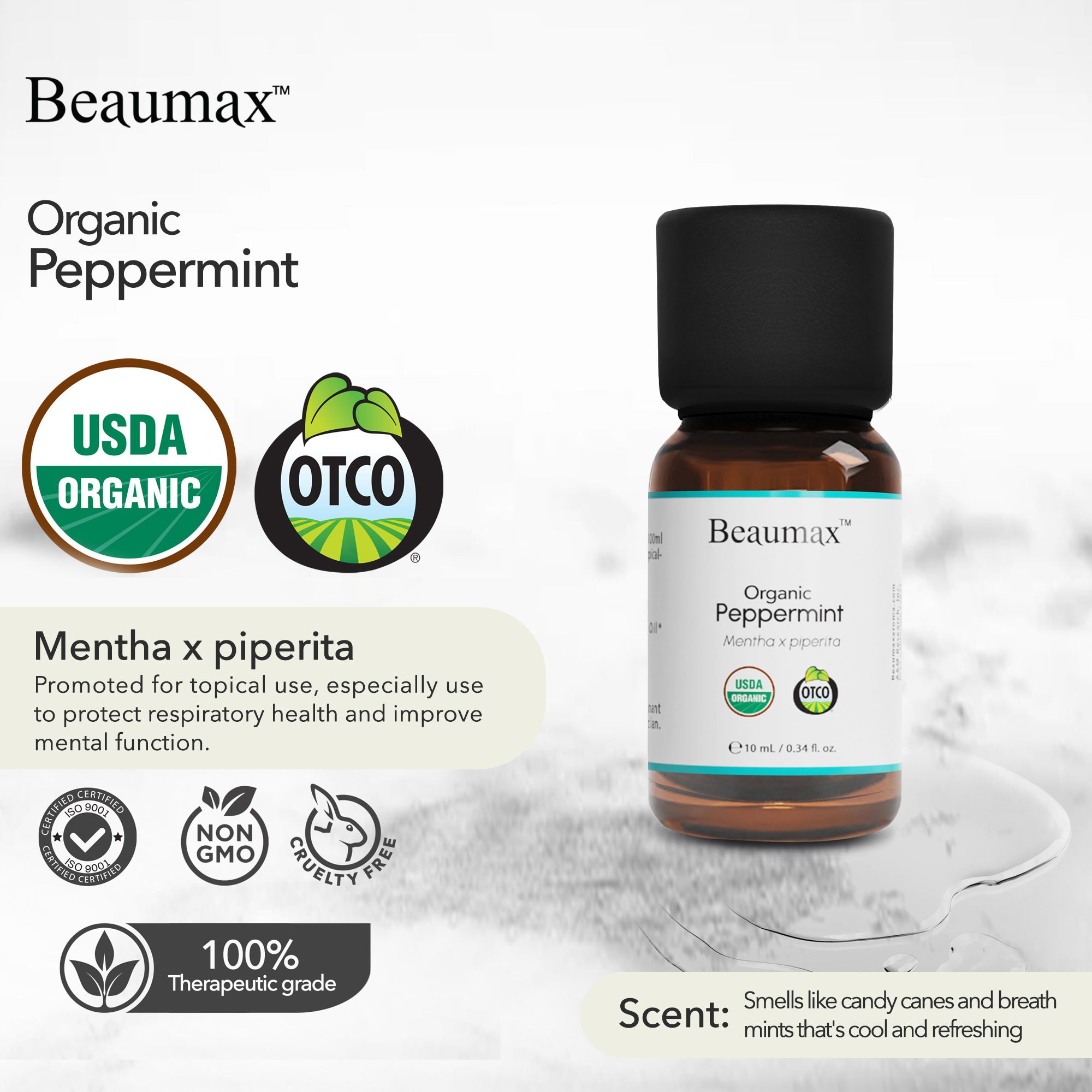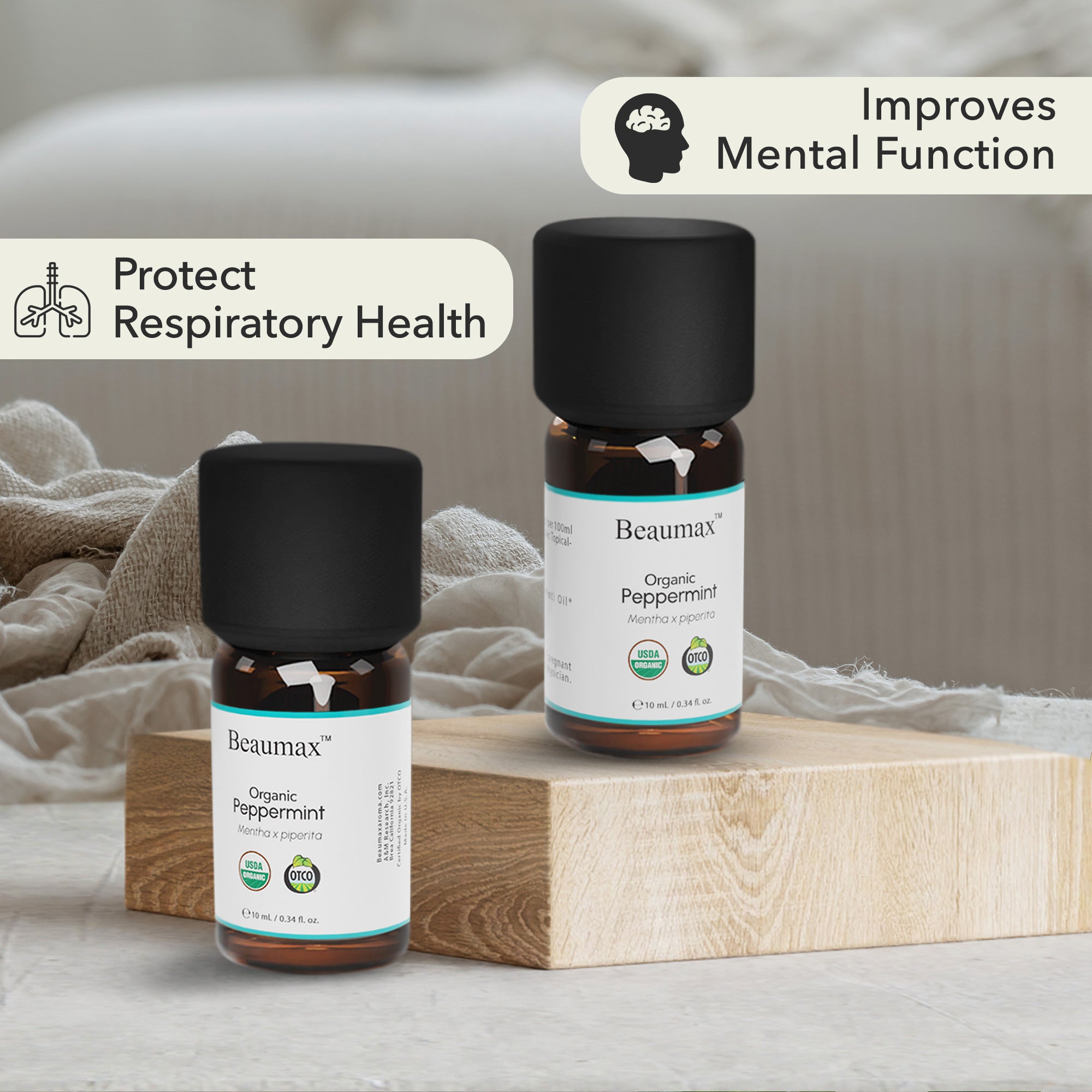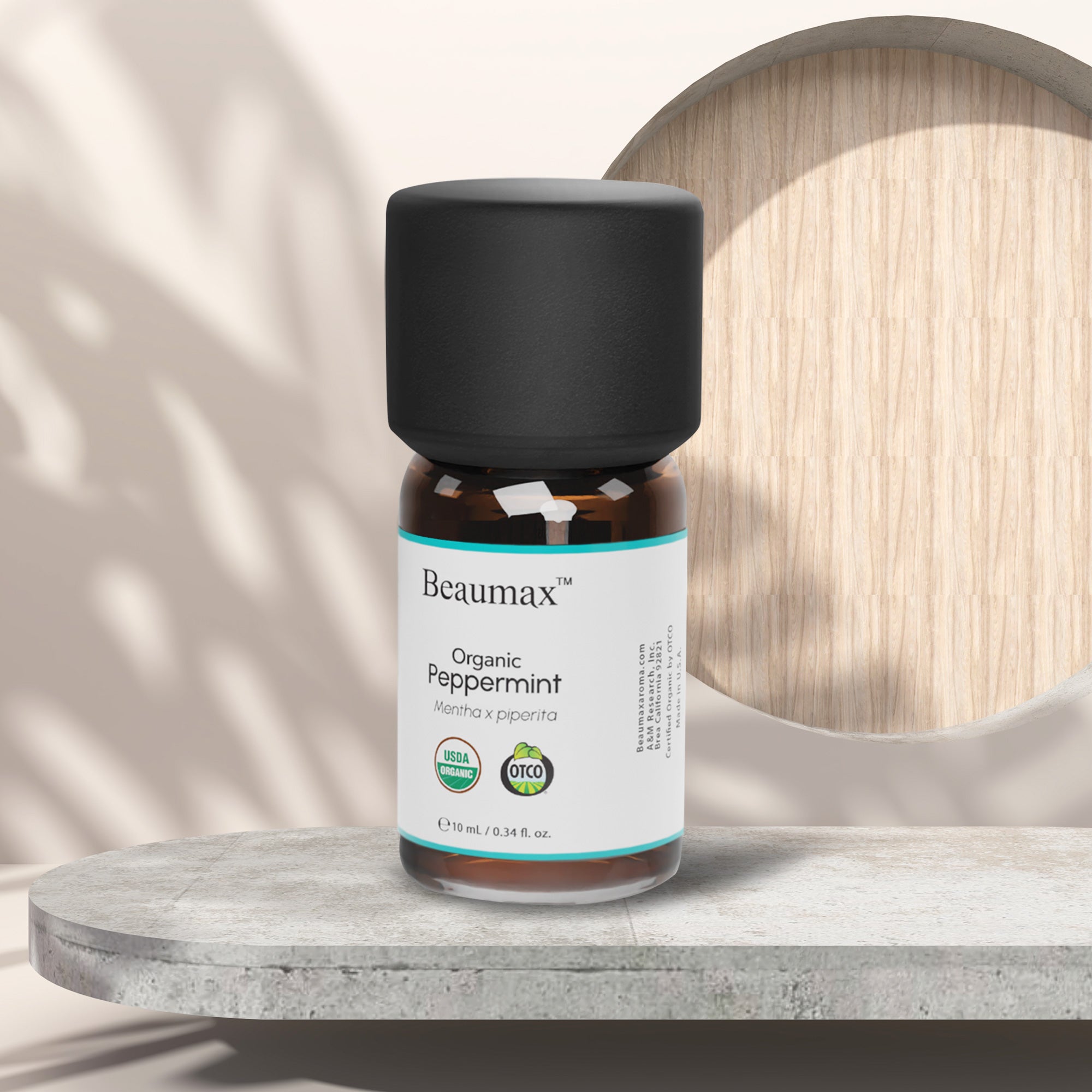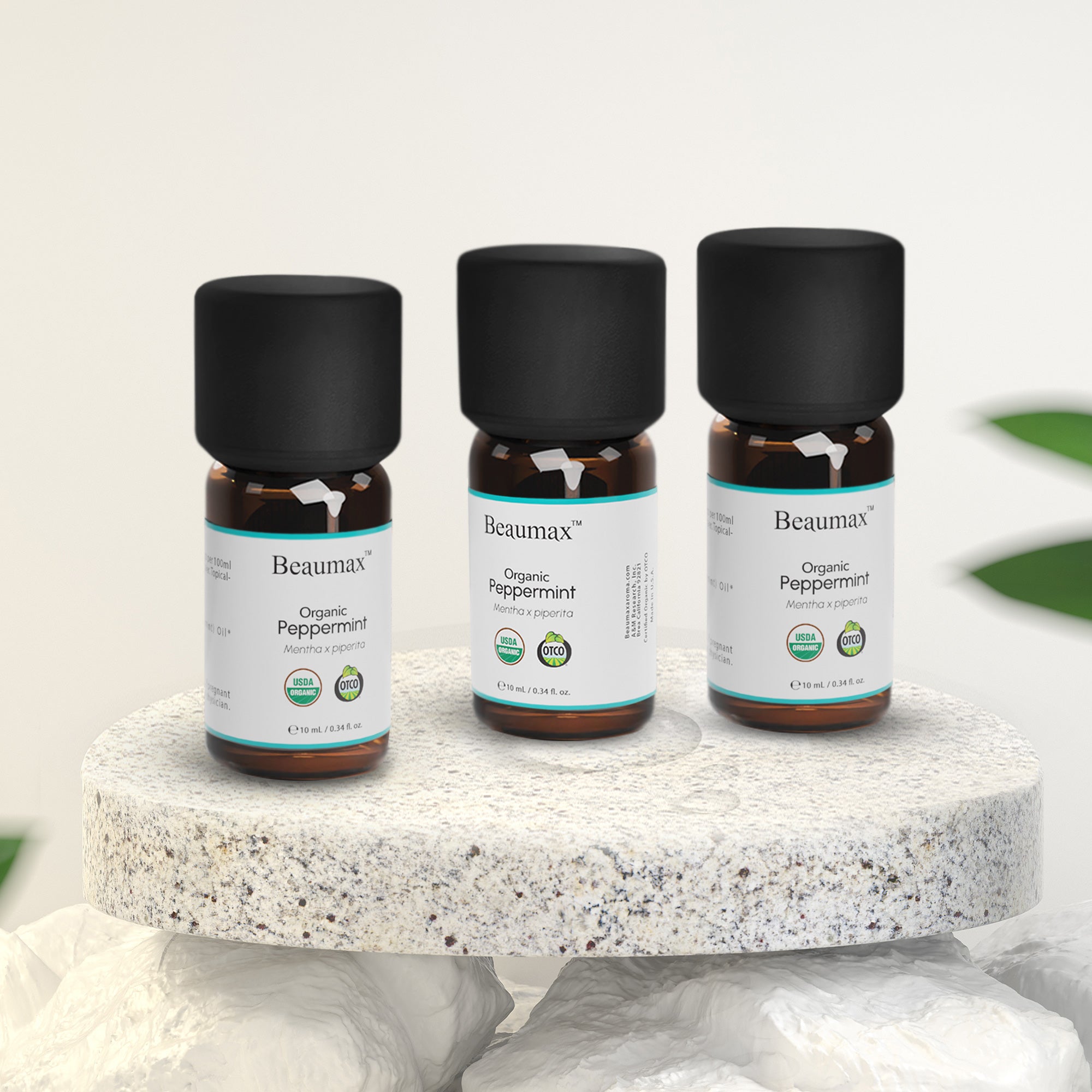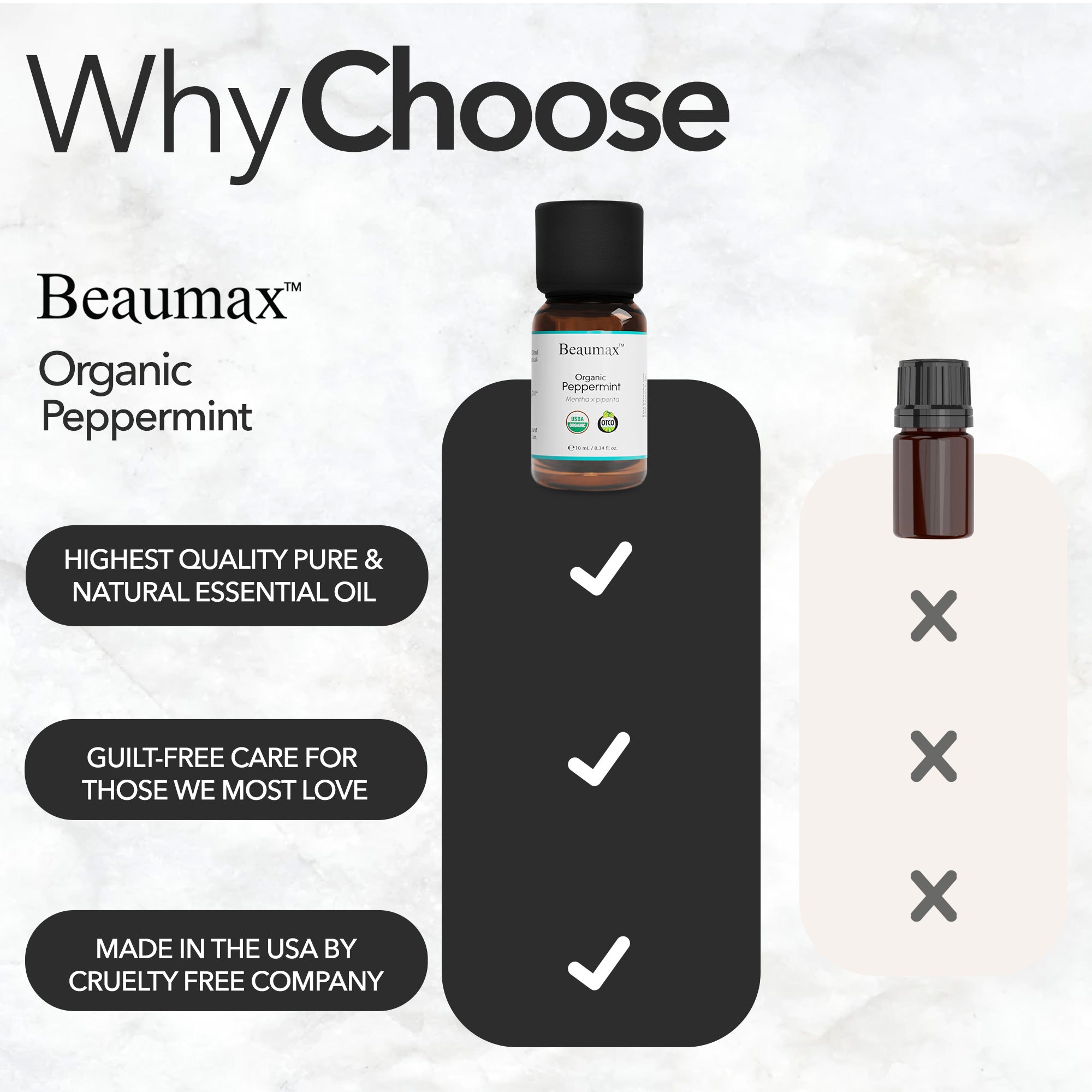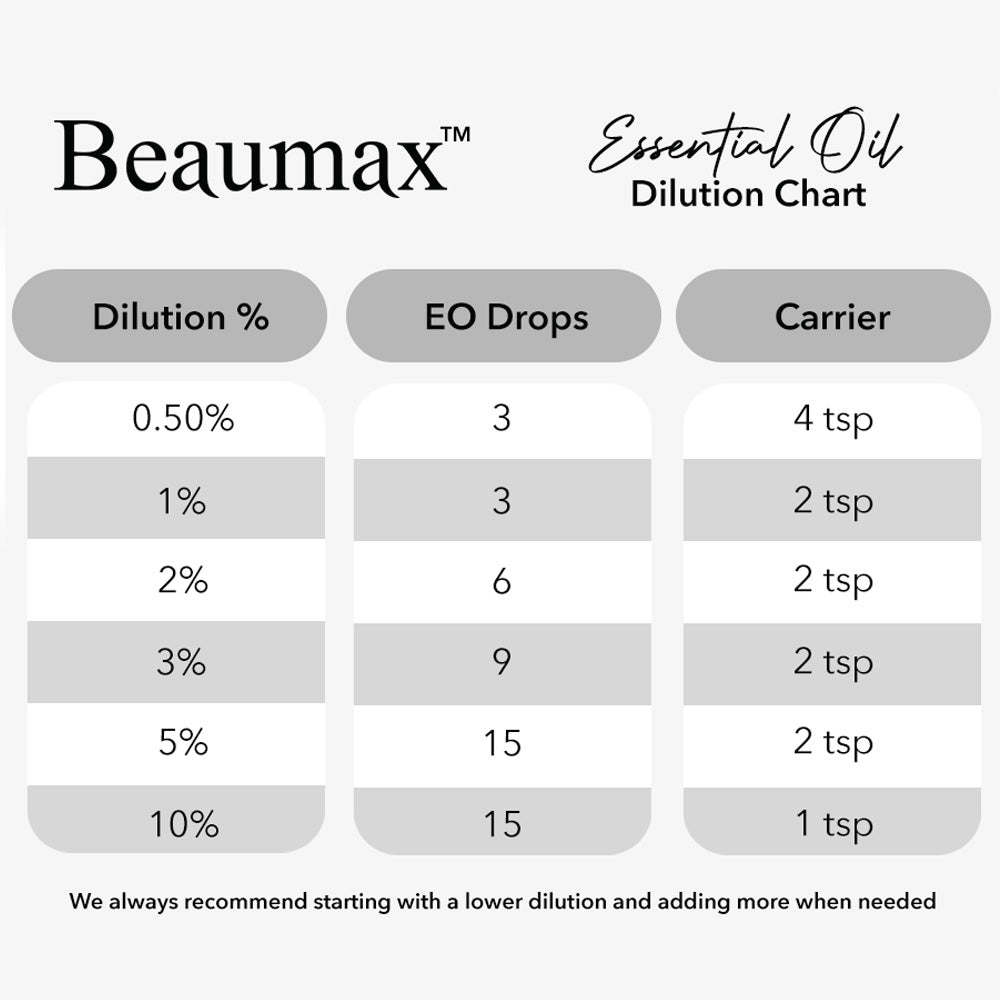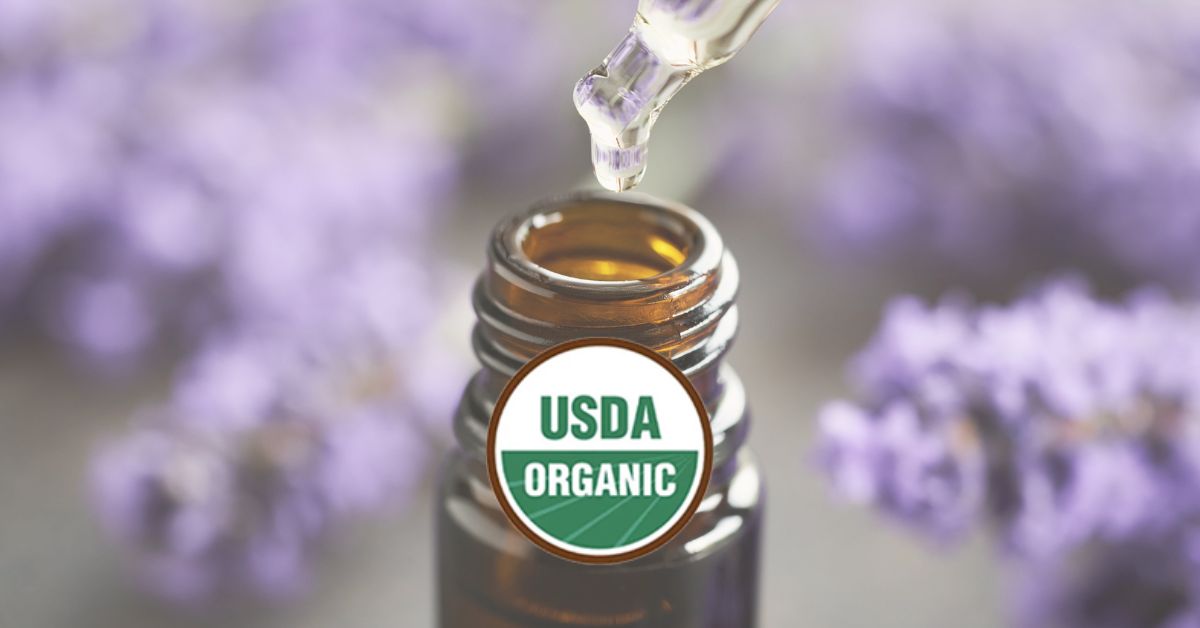
Embracing Nature During Cancer Treatment: Organic Aroma Stories
Sarah remembers the day she learned her white blood cell count had dropped dangerously low. "The oncology nurse handed me a list of things to avoid," she recalls. "Raw foods, certain probiotics, anyone with a cold. But what surprised me was when she asked about my skincare and aromatherapy products. I'd never thought about how what I put on my skin or breathed in could matter when my immune system was barely functioning."
This is the moment when "organic" transforms from a wellness trend into a critical health decision.
When cancer treatment compromises your body's natural defenses, the purity of everything you use—from the food you eat to the aromatherapy oils you breathe—becomes not just important, but potentially life-protecting. This isn't about being "extra careful" or "health-conscious." It's about survival. It's about giving your already-burdened body the cleanest, purest support possible.
Important Disclaimer: Aromatherapy is a complementary practice that supports emotional wellbeing and comfort—it is not a treatment for cancer. This article discusses why organic quality matters for safety during treatment. Always consult your oncology team before introducing new practices, as some essential oils may interact with treatments or be contraindicated during certain therapies.
Why "Organic" Isn't Optional When You're Vulnerable
During cancer treatment, your body is working overtime in ways most people can't imagine. Chemotherapy doesn't just target cancer cells—it affects your bone marrow, your digestive system, your skin, and most critically, your immune system. Radiation can compromise skin integrity and local immune responses. Surgery creates vulnerability during healing. Hormone therapies affect your entire endocrine system.
In this state, your body has limited resources to process toxins, fight off contaminants, or handle anything that isn't pure and clean.
The Hidden Dangers in Conventional Essential Oils
Here's what many people don't realize: the essential oil industry is largely unregulated. That beautiful lavender oil at the discount store? It could contain:
Synthetic Extenders: Cheaper oils or synthetic fragrances added to increase profit margins. Your compromised immune system must process these chemicals.
Pesticide Residues: Conventionally grown plants are sprayed with pesticides, herbicides, and fungicides. These chemicals concentrate in essential oils—remember, it takes pounds of plant material to make one small bottle of oil. Every toxic residue gets concentrated too.
Adulterants: Studies have found essential oils contaminated with heavy metals, bacteria, and mold—all potentially dangerous when your immune system can't mount normal defenses.
Chemical Solvents: Some extraction methods use chemical solvents that can leave residues in the final oil. Your liver, already processing chemotherapy drugs, doesn't need additional chemical burdens.
What Your Immune System Can't Handle Right Now
During cancer treatment, particularly chemotherapy, your neutrophil count often drops. Neutrophils are your frontline immune defenders. When they're depleted:
Normal bacterial exposure becomes dangerous. You're told to avoid crowds, sick people, certain foods. The same vigilance should apply to what you breathe and put on your skin.
Your body's detoxification capacity is overwhelmed. Your liver is metabolizing powerful drugs. Additional toxins from contaminated oils add unnecessary burden.
Skin becomes a vulnerability, not a barrier. Treatment can compromise skin integrity. What you apply topically can more easily enter your bloodstream.
Your respiratory system is more reactive. Inhaling contaminated aromatherapy when your immune system can't properly respond to threats creates real risk.
This is why organic isn't a luxury during cancer treatment—it's basic protection.
Understanding USDA Certified Organic: Your Safety Shield
When you see the USDA Organic seal on an essential oil, it's not just marketing. It's verification that specific, rigorous standards have been met and independently confirmed.
What USDA Certification Actually Guarantees
No Synthetic Pesticides or Fertilizers: Plants are grown without synthetic chemicals that could concentrate in your essential oils. This matters immensely when your liver is already processing chemotherapy drugs.
No GMOs: Genetically modified organisms are prohibited. While research on GMOs continues, during cancer treatment isn't the time to add unknowns to your regimen.
Third-Party Verification: An independent certifying agent inspects the farm, reviews practices, and tests products. It's not just the company's word—it's verified by objective auditors.
Strict Processing Standards: From harvest to bottling, organic standards govern every step. No synthetic additives, no chemical processing aids, no contamination with non-organic substances.
Traceability: Every batch can be traced back to its source. If there's ever a question about quality, the entire supply chain is documented.
Annual Re-Certification: Maintaining organic certification requires yearly inspections and ongoing compliance. Companies can't just get certified once and coast.
Why This Matters for Your Vulnerable Body
When Michael started chemotherapy for lymphoma, his integrative oncologist had specific advice about aromatherapy: "If you're going to use it, make sure it's USDA Certified Organic. Your body can't handle processing contaminants right now."
Michael shares: "I thought organic was just about being environmentally friendly. I didn't realize it was about protecting my compromised immune system from pesticide residues and chemical adulterants. Once I understood that certified organic meant verified purity—not just a company claiming their oils were 'pure'—I knew that's what I needed."
The certification isn't about ideology. It's about documented, verified safety when safety matters most.
Beyond USDA: Additional Quality Markers That Matter
While USDA Organic certification is crucial, truly safe aromatherapy for cancer patients requires additional quality verification.
ISO Certifications: Medical-Grade Manufacturing
ISO 22716 (Cosmetic Good Manufacturing Practices): This certification means products are manufactured under the same strict conditions as cosmetics—controlled environments, documented procedures, quality testing at every step.
ISO 13485 (Medical Device Quality Management): This is medical-grade manufacturing standards. When a company has this certification, they're operating at hospital-grade quality levels.
Why These Matter: During cancer treatment, you need products made with the same care as medical supplies. Contamination that might not affect a healthy person could be serious when your immune system is compromised.
Third-Party Testing: GC/MS Analysis
Gas Chromatography-Mass Spectrometry (GC/MS) testing identifies every compound in an essential oil. This testing verifies:
Correct Species: You're getting the plant you think you're getting, not a cheaper substitute.
Therapeutic Compounds: The beneficial compounds are present in appropriate concentrations.
No Adulterants: Testing reveals if cheaper oils or synthetics have been added.
No Contaminants: Heavy metals, pesticides, and other toxins can be detected.
FDA-Registered Facilities
While essential oils aren't FDA-approved drugs, choosing oils filled in FDA-registered facilities adds another safety layer. These facilities:
- Follow strict sanitation protocols
- Maintain documented quality control
- Undergo regular inspections
- Have contamination prevention procedures

Real Stories: Why Organic Mattered in Their Journey
The difference between organic and conventional aromatherapy isn't abstract when you're going through cancer. These are real stories from real people about why purity mattered to their healing journey.
Jennifer's Story: When Sensitivity Revealed the Truth
"I'd been using aromatherapy for years before my breast cancer diagnosis. I had a whole collection of oils from various companies—some expensive, some bargains I'd found online. After my first chemo session, my oncologist warned me that my skin would become much more sensitive and my immune system would be compromised.
I decided to test my oils one at a time. The first one I tried—a lavender I'd bought at a discount—gave me an immediate headache and made my skin itch where I'd applied it diluted. I was shocked. I'd used it dozens of times before without issues.
That's when I started researching and learned about adulteration and pesticide residues. I switched to USDA Certified Organic oils from a company with actual certifications I could verify. The difference was immediate. No headaches, no irritation, just the gentle comfort I was seeking.
Looking back, I realize my healthy immune system had been handling the contaminants in those other oils without me knowing. But during chemo, my body couldn't anymore. Organic wasn't a preference—it was necessary."
David's Story: The Oncology Nurse Who Knew
"When I was diagnosed with colon cancer, one of my chemotherapy nurses pulled me aside. She'd seen me using aromatherapy in an inhaler before treatment. She said, 'I'm going to give you some advice that's not officially in my patient education materials, but I've seen this matter: make absolutely sure any aromatherapy you use is USDA Certified Organic. Your immune system is about to be hammered, and I've seen people have severe reactions to conventional oils during treatment.'
She explained that in 15 years of oncology nursing, she'd noticed patients using certified organic oils had fewer skin reactions and seemed to tolerate the aromatherapy better. It wasn't scientific research—just her observation—but she'd seen enough to feel strongly about it.
I took her advice seriously. I researched companies, verified certifications, and only used USDA Certified Organic oils throughout my treatment. I'll never know if it made a difference in my medical outcome, but I do know I never had the skin reactions or respiratory irritation some other patients experienced with aromatherapy. When your immune system is vulnerable, every choice about purity matters."
Maria's Story: The Caregiver's Learning Curve
"I wanted so badly to help my mother during her ovarian cancer treatment. I'd read about aromatherapy for nausea and anxiety, so I bought her oils and a diffuser. Within days, she developed a rash and her oncologist asked what new products she'd introduced.
Embarrassed, I showed him the oils. He asked if they were certified organic. They weren't—I'd just bought what seemed like good options online. He gently explained that during chemotherapy, the body can't process contaminants the way it normally would. He suggested that if we wanted to continue aromatherapy, we needed certified organic oils from companies with verified quality testing.
I felt terrible. I'd been trying to help and had potentially added to her burden. We switched to USDA Certified Organic oils from a company the hospital's integrative medicine department recommended. The difference was clear—no reactions, just the gentle comfort we'd hoped for.
That experience taught me that good intentions aren't enough. When someone is vulnerable from cancer treatment, 'natural' doesn't automatically mean 'safe.' Certified organic with proper testing is what matters."
Thomas's Story: The Unexpected Advocate
"I'm a skeptic by nature. I wasn't interested in aromatherapy—I thought it was placebo at best. But during my lengthy leukemia treatment, the anxiety was crushing. My oncologist suggested I try lavender aromatherapy before bed, citing actual research on its effects on anxiety and sleep.
But he was specific: 'If you try this, only use USDA Certified Organic oils from a reputable source. Your immune system is profoundly compromised. Conventionally grown lavender concentrate could contain pesticide residues your body can't handle right now.'
I did my research. I found companies with USDA Organic certification, ISO manufacturing standards, and third-party testing. I tried it, expecting nothing. To my surprise, it helped. But more importantly, I learned that 'organic' in this context wasn't about being crunchy or environmentally conscious—it was about medical safety when your body has no margin for error.
I've since become an unexpected advocate. When I meet newly diagnosed patients, I share what I learned: if you use aromatherapy during treatment, organic certification isn't optional. It's basic safety."
The Beaumax Difference: Certified Safety When It Matters Most
Not all companies that claim "purity" actually verify it. Here's what sets truly safe aromatherapy apart—and why Beaumax meets the standard when you're most vulnerable.
USDA Certified Organic: Every Single Oil
At Beaumax, organic isn't a premium line or special collection—it's the foundation. Every aromatherapy oil in the collection carries USDA Certified Organic verification. This means:
Verified by Third Parties: Independent certifying agents, not Beaumax employees, verify organic practices and test products.
From Farm to Bottle: The entire supply chain is certified organic—not just the plants, but the processing, bottling, and storage.
Annual Re-Certification: The certification must be maintained through yearly inspections and ongoing compliance.
Documented Traceability: Every bottle can be traced back to its certified organic source.
When your immune system is compromised, this level of verification isn't excessive—it's essential.
Medical-Grade Manufacturing Standards
Beaumax operates under certifications typically seen in medical device manufacturing:
ISO 22716 (Cosmetic GMP): Cosmetic Good Manufacturing Practices ensure every product is made under controlled, sanitary, documented conditions.
ISO 13485 (Medical Device Quality Management): This is the standard for companies making medical devices. Aromatherapy oils for cancer patients deserve nothing less than medical-grade quality control.
FDA-Registered Facility: While essential oils aren't FDA-approved drugs, Beaumax chooses to fill products in an FDA-registered facility following pharmaceutical-level protocols.
Why This Matters for Your Journey
These certifications aren't marketing. They're verification that when your immune system can't protect you from contaminants, the manufacturing environment does.
During cancer treatment, you're rightfully focused on big medical decisions. You shouldn't have to worry about whether your comfort tools are actually safe. Certifications provide that assurance—objective, third-party verified safety when you're most vulnerable.
How to Verify Organic Quality: Protecting Yourself
Unfortunately, not every company claiming "organic" or "pure" actually delivers verified quality. Here's how to protect yourself when you're vulnerable.
Red Flags That Should Make You Walk Away
"Therapeutic Grade" Without Certification: This is a marketing term, not a verified standard. Without USDA Organic or equivalent certification, it's just a claim.
No Batch Testing Information: Reputable companies provide GC/MS testing for each batch. If they can't or won't provide this, walk away.
Impossibly Low Prices: True organic essential oils, properly tested and certified, cost more to produce. If the price seems too good to be true, the quality probably isn't real.
Vague Sourcing Information: Where were the plants grown? Under what conditions? If the company can't or won't tell you, that's a red flag.
No Manufacturing Standards: Do they operate under GMP standards? Is their facility registered? If this information isn't readily available, be cautious.
Green Flags: What to Look For
- Actual USDA Organic Seal: Not just the words "organic," but the official USDA Organic certification seal.
- ISO Certifications Displayed: Look for ISO 22716 and ideally ISO 13485 certification information on their website or product materials.
- Batch-Specific Testing: Companies should be able to provide GC/MS analysis for the specific batch you're purchasing.
- Transparent Sourcing: Detailed information about where plants are grown and how they're processed.
- Safety Information Provided: Companies serious about safety provide detailed contraindication information and safety guidelines.
- Medical Community Recognition: Do integrative medicine practitioners or oncology centers recommend them?
Questions to Ask Before You Buy
When you're immunocompromised from cancer treatment, don't be shy about asking questions:
About Certification:
- Can you provide documentation of your USDA Organic certification?
- Who is your certifying agent?
- Can I see your ISO certification documents?
About Testing:
- Do you provide GC/MS analysis for each batch?
- How can I access testing results for the specific bottle I'm buying?
- Do you test for pesticide residues and heavy metals?
About Manufacturing:
- Where are your oils filled/bottled?
- What quality control standards do you follow?
- Is your facility FDA-registered or equivalent?
About Sourcing:
- Where are your plants grown?
- How do you verify organic practices at the source?
- Can you trace each bottle back to its source farm?
If a company is defensive or evasive about these questions, find another supplier. When your immune system is compromised, you deserve complete transparency.
The Cost of Purity: Why It's Worth It
Quality organic essential oils cost more than conventional options. When you're facing cancer treatment expenses, every cost matters. But here's why organic certification is worth prioritizing in your budget.
What You're Actually Paying For
Organic Farming: Growing plants without synthetic pesticides and fertilizers is more labor-intensive and often yields smaller harvests. Organic certification itself costs farmers money.
Quality Testing: GC/MS analysis, purity testing, and batch verification all add cost—but ensure safety.
Proper Extraction: Gentle, chemical-free extraction methods that preserve therapeutic compounds and don't introduce contaminants cost more than conventional methods.
Manufacturing Standards: Operating under ISO and GMP standards requires infrastructure, documentation, and ongoing compliance—all adding to cost but ensuring safety.
Traceability Systems: Being able to trace every bottle to its source requires sophisticated supply chain management.
The Real Cost of "Cheap" During Cancer Treatment
Compare these real scenarios:
Scenario 1: Patient saves $20 buying conventional lavender oil. Develops skin reaction requiring dermatology visit ($150 copay) and prescription cream ($35). Lost sleep from discomfort. Increased anxiety about what caused the reaction.
Scenario 2: Patient spends extra $20 for USDA Certified Organic lavender from verified source. No reactions. Consistent, gentle comfort throughout treatment.
The "savings" from cheap oils can cost far more in the long run—financially and in your wellbeing.
How to Make Organic Aromatherapy Affordable
Start Small: You don't need a full collection. Begin with 2-3 oils that address your primary concerns (lavender for anxiety/sleep, peppermint for nausea, frankincense for grounding).
Buy from Trusted Sources: Better to have fewer oils of verified quality than many oils of questionable purity.
Remember Concentration: A little essential oil goes a long way. That $30 bottle of organic lavender will last months with proper use.
Consider It Medical Expense: When aromatherapy is supporting you through cancer treatment, it's medical support, not luxury. Many patients find the cost easier to accept when framed as necessary supportive care.
Ask About Patient Programs: Some companies offer compassionate care discounts for cancer patients. It doesn't hurt to ask.
Beyond Individual Choice: Why Organic Matters Globally
Choosing organic aromatherapy during your cancer journey isn't just about protecting your vulnerable body—though that's reason enough. It's also part of a larger movement toward sustainable, ethical wellness.
The Environmental Connection
Conventional farming practices that use synthetic pesticides and fertilizers contribute to soil depletion, water contamination, and harm to beneficial insects and wildlife.
Organic farming practices support soil health, protect water sources, and maintain biodiversity. When you choose organic, you're supporting farming practices that don't poison the earth—or concentrate those poisons in your essential oils.
The Farmer and Worker Connection
Pesticide exposure is a serious health hazard for farmworkers. By choosing organic, you support farming practices that protect the health of the people growing and harvesting the plants that eventually provide your comfort.
The Purity Spiral
Every purchase of certified organic aromatherapy sends a market signal that quality and purity matter. This encourages more companies to pursue certification and higher standards. Your choice during your cancer journey contributes to better options for everyone who comes after you.
Your Organic Aromatherapy Action Plan
If you're currently using aromatherapy during cancer treatment—or considering it—here's your step-by-step plan to ensure purity and safety.
Assess What You Currently Have:
Step 1: Check every aromatherapy product for USDA Organic certification Step 2: Research the manufacturer—do they have verifiable ISO certifications? Step 3: Can you access GC/MS testing for the specific batch you own? Step 4: If the answer to any of these is "no," consider replacing it
Before You Buy New Products:
Step 1: Verify USDA Organic certification (look for the actual seal) Step 2: Confirm ISO manufacturing standards Step 3: Request batch-specific testing documentation Step 4: Check for transparent sourcing information Step 5: Consult your oncology team before purchasing
Discuss With Your Healthcare Team:
- Show them the oils you're considering
- Ask if any are contraindicated for your specific treatment
- Ask if they have recommended sources
- Get approval before starting any new aromatherapy practice
Start Conservatively:
- Begin with one certified organic oil
- Test your tolerance with just a drop or two
- Wait 24-48 hours to assess any reaction
- If well-tolerated, gradually introduce others as desired
Document Your Experience:
- Keep notes on which oils you use and how they affect you
- Report any concerns or reactions to your medical team
- Share positive experiences too—your healthcare team wants to know what's helping
The Bottom Line: Purity Protects
When cancer treatment compromises your immune system, your body's normal ability to handle environmental toxins disappears. The pesticide residues, synthetic adulterants, and contaminants that a healthy body might process without obvious harm become genuine threats when your neutrophils are depleted and your liver is overwhelmed processing chemotherapy drugs.
"Organic" in this context isn't about trends or environmental ideology—though those benefits matter too. It's about documented, verified, third-party confirmed purity when purity isn't optional.
USDA Certified Organic aromatherapy, manufactured under medical-grade standards, tested for purity, and traced to certified sources, provides safety you can verify when you can't afford to just trust marketing claims.
Sarah, the woman we heard from at the beginning of this article, puts it simply: "When the oncology nurse handed me that list of what to avoid during treatment, aromatherapy wasn't on it. But I learned to add 'non-organic aromatherapy' to my personal list. My body was fighting for my life. It didn't need the additional burden of processing pesticides and adulterants. Certified organic gave me peace of mind that my comfort tools weren't creating new problems."
You're already carrying so much during your cancer journey. Your aromatherapy—if you choose to use it—should provide comfort, not concern. Certified organic quality ensures that every breath you take, every drop you use, supports your body rather than adding burden.
Because when you're fighting for your life, purity isn't a luxury. It's protection.
Discover aromatherapy oils where every bottle is USDA Certified Organic, manufactured under medical-grade ISO standards, and third-party tested for purity. When your body is vulnerable, compromise on quality isn't an option.

